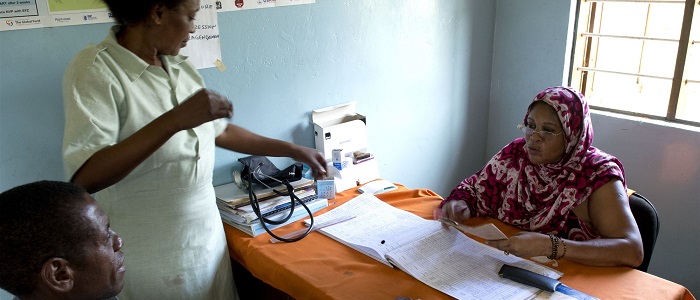
Summary
This study uses propensity score matching to evaluate the outcomes of the Ghanaian National Health Insurance Scheme (NHIS) on maternal and child health in Ghana.
The study found that the NHIS has yielded some verifiable positive outcomes: women who are enrolled are more likely to give birth in hospitals, to have their births attended by trained health professionals, to receive prenatal care, to have fewer birth complications, and to experience fewer infant deaths. Findings suggest that social health insurance schemes are effective tools for protecting households from the potentially catastrophic expenditure associated with hospitalization and health care. Ghana’s NHIS shows that social health insurance can help achieve health-related Millennium Development Goals in the African context.
- Kofi Bobi-Barimah (Catholic University College of Ghana, Sunyani, Ghana)
- George Frempong (center for Education Quality Improvement, Pretoria, South Africa)
- Joseph Mensah (York University, Toronto, Canada)
- Joseph R. Oppong (University of North Texas, Denton, USA)
- William Sabi (Catholic University College of Ghana, Sunyani, Ghana)
If you cite this resource, please notify communications@gdn.int with the subject line 'GDN citation'.





